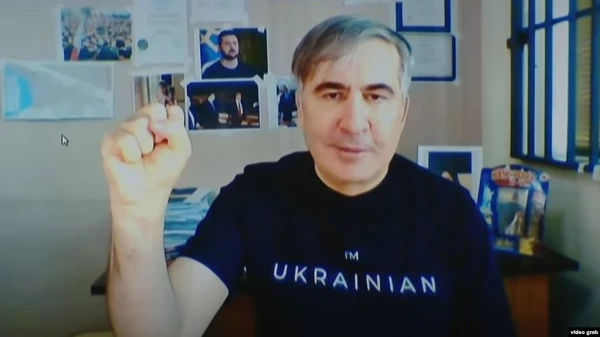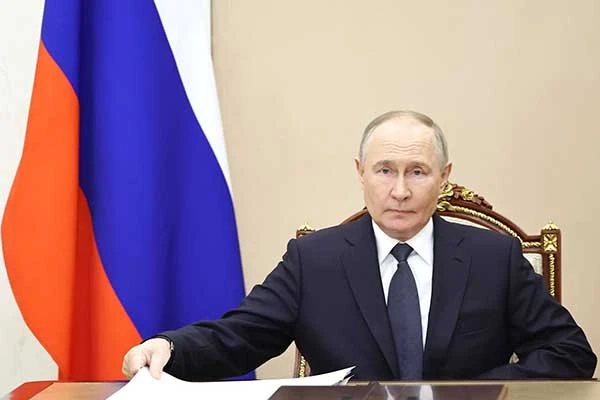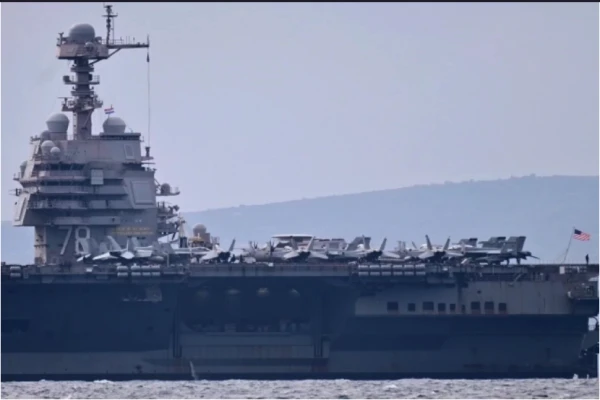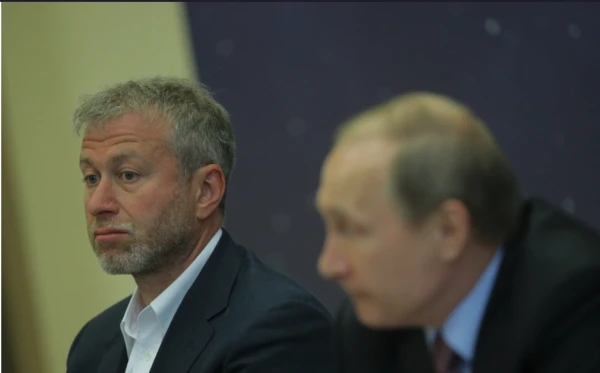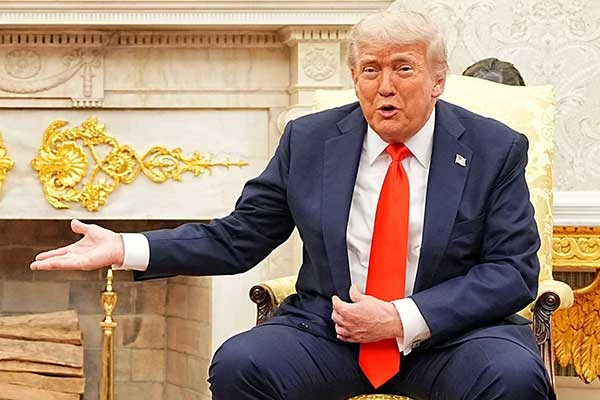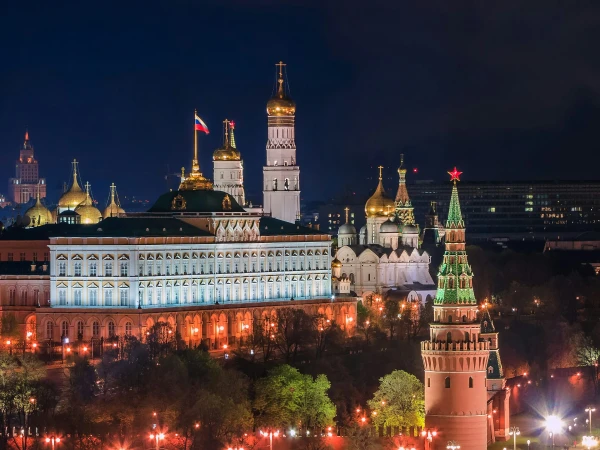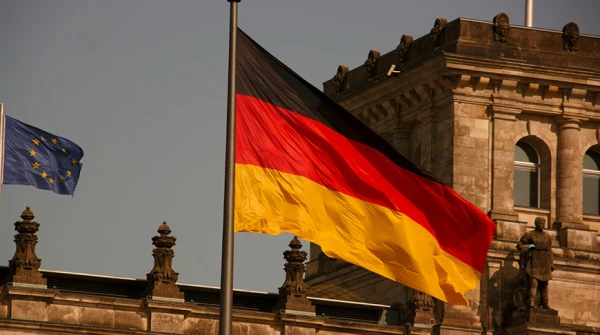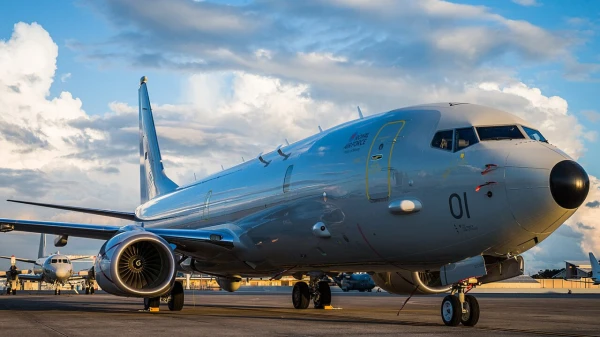
The mission not only provided valuable intelligence but also "sent a powerful signal of NATO unity to Putin and our adversaries."
Two modern reconnaissance aircraft of the Royal Air Force of the United Kingdom recently completed a 12-hour flight along NATO's eastern flank, patrolling the borders of Russia. This was reported by the press service of the British Ministry of Defence. The RC-135 Rivet Joint electronic reconnaissance aircraft and the P-8A Poseidon patrol aircraft covered nearly 10,000 miles from the Far North along Russian borders, flying near the airspace of Belarus and Ukraine.
The mission, aimed at "demonstrating the operational readiness of the UK and the collective resolve of NATO," was conducted after multiple incursions of Russian drones and aircraft into the alliance's airspace over the past month, the statement noted. The operation was supported by a KC-135 Stratotanker refueling aircraft from the U.S. Air Force's 100th Air Refueling Wing, which allowed for an extended operational range of the British aircraft.
UK Defence Secretary John Healey stated that the mission not only provided valuable intelligence but also "sent a powerful signal of NATO unity to Putin and our adversaries." Group Captain Matthew D’Obin, commander of Royal Air Force intelligence, emphasized the alliance's ability for "seamless interoperability."
The RC-135 Rivet Joint is designed to intercept military communications and listen to signals in the electromagnetic spectrum, while the P-8A Poseidon specializes in anti-submarine warfare and is capable of carrying torpedoes and anti-ship missiles. During the mission, the aircraft coordinated actions with NATO allies, providing comprehensive situational awareness.
The operation was conducted against the backdrop of a series of incidents involving violations of NATO countries' airspace by Russian aircraft. In September, around twenty Russian drones entered Polish airspace, and three MiG-31 fighters violated Estonia's border.
NATO Secretary General Mark Rutte and the U.S. representative to the UN Security Council Mike Waltz subsequently assured that the alliance would defend "every inch" of its territory. U.S. President Donald Trump called on NATO countries to shoot down Russian military aircraft violating the alliance's airspace.
On October 9, the European Parliament adopted a resolution characterizing Russia's actions as a terrorist state and allowing for "actions necessary to effectively combat drones and aircraft launched by Russia, including their downing."
